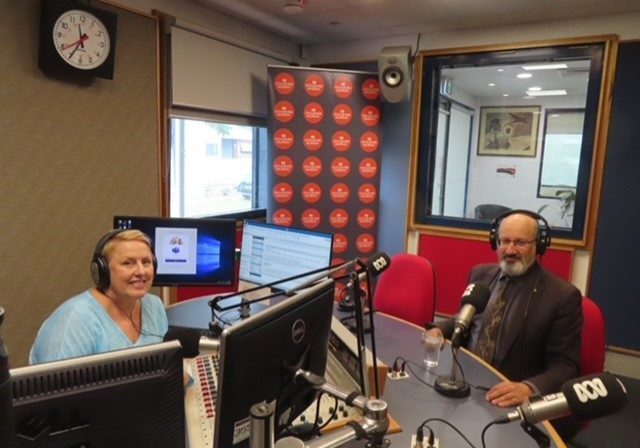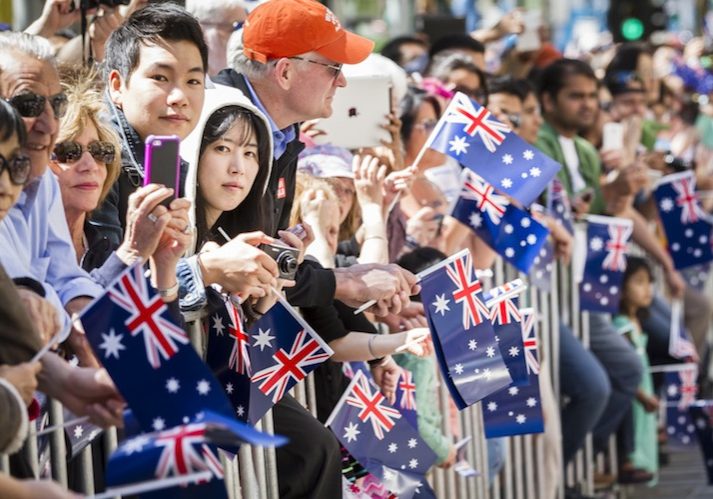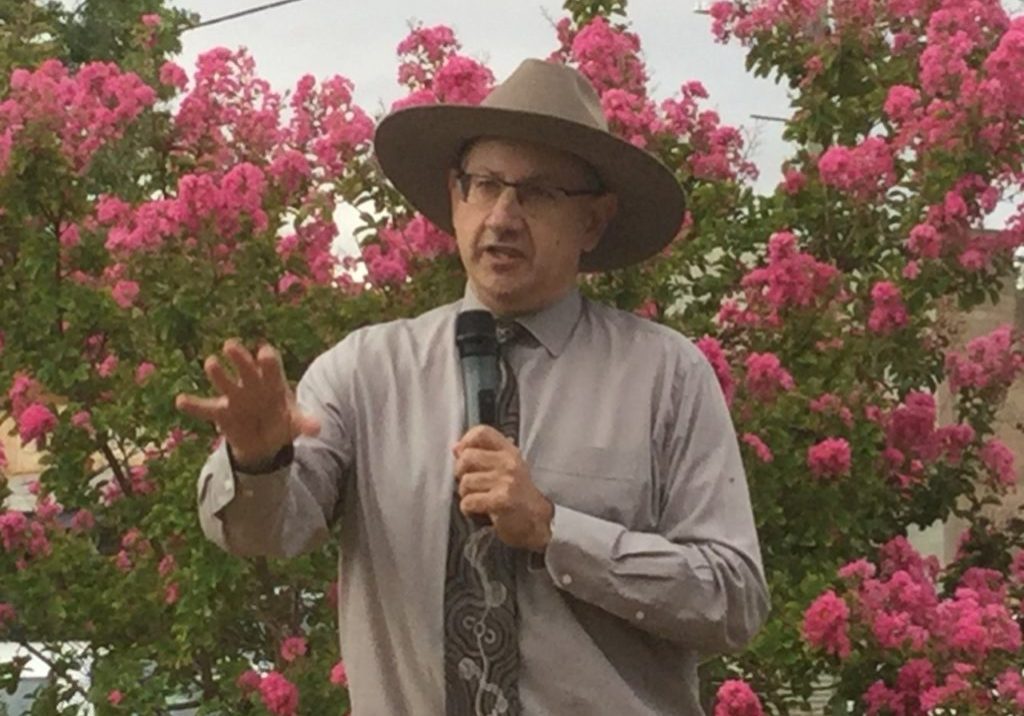Australia/Israel Review
Scribblings: What Iraqis Think
Jan 2, 2006 | Tzvi Fleischer
What Iraqis Think
There is a lot of to-ing and fro-ing about whether the media paints an unduly gloomy picture of the situation in Iraq by concentrating on terror, violence, and other negative stories. So what do the people who know best, Iraqis themselves, say about how things are currently going there?
A new poll done by Oxford Research International for various news organisation provides some answers to this question. Even Paul Reynolds, the World Affairs correspondent for the website of the BBC, which is hardly known for its sympathy for the Iraq war or US President Bush, concedes it “shows a degree of optimism at variance with the usual depiction of the country as one in total chaos.” He adds, amazingly enough, “The findings are more in line with the kind of arguments currently being deployed by US President George W. Bush.”
According to the survey, 71% of Iraqis surveyed felt their personal lives where good or very good, compared to 29% who said their lives were bad or very bad. Moreover, over 64% expect things to be better in one year’s time, compared to 12% who expect things to get worse. While a majority of Iraqis, 53%, said things were currently bad in the country as a whole, 69% expect things to improve for Iraq over the coming year.
The vast majority of Iraqis want the coalition forces to leave, but this result is unsurprising given that the question was phrased ambiguously, so that it could mean either immediately or at some time in the future. Almost all Americans, Australians, or British want the forces to leave at some time in future as well. Significantly, only 5.7% of Iraqis asked what “the best thing that could happen to Iraq over the next 12 months” chose for the coalition forces to leave. So there seems to be clear recognition among most Iraqis that the coalition will have to stay for a bit longer.
Finally, contrary to the news images of constant terror and violence, only 2.2% of Iraqis say their biggest problem is terrorism.
It seems clear that Iraqis paint a somewhat more hopeful picture than the doom and gloom one often gets from the nightly news.
The War of Ideas
Speaking of Arab public opinion, there are continuing signs that ongoing terror against Muslims in Iraq, Jordan and elsewhere, is seriously denting support for al-Qaeda and its ideology in the Middle East. A few months ago, a Pew Research Centre poll of six Middle Eastern countries, found that support for terrorist acts had “declined dramatically”. The poll found that, “Most Muslim publics are expressing less support for terrorism than in the past. Confidence in Osama bin Laden has declined markedly in some countries, and fewer believe suicide bombings that target civilians are justified in the defence of Islam.”
The difference was least pronounced, however, in Jordan, where 57% of the population continued to support terror acts in defence of Islam. There are many signs that this is now changing, following the bloody al-Qaeda claimed bombings of hotels in Amman, including a wedding, on November 9. Despite some initial denials and conspiracy theories, there were demonstrations of tens of thousands of Jordanians in the subsequent days. Al-Qaeda in Iraq leader Abu Musab al-Zarqawi, who allegedly sent the bombers, had been reasonably popular in his native Jordan previously, but people shouted, “Death to al-Zarqawi, the villain and the traitor!” According to the Economist (Nov. 24), more than 60% of Jordanians in one survey say that their view of al-Qaeda has been changed for the worse by the Amman bombings and Zarqawi, “may be the most reviled person in Jordan, the country of his birth.” Zarqawi’s family were forced to take out ads in Jordanian newspapers disowning him “until doomsday.”
There are other signs from the Middle Eastern press that denunciations of terror as a tactic are becoming more and more widespread. There is every reason to believe that, thanks to both Western military and diplomatic action, and the brutal blindness of al-Qaeda and its intellectual allies, the war on terror is slowly being won on its most important front, as a war of ideas.
A Kick in The Teeth
What could be more un-controversial? As a small gesture toward reconciliation and normalcy, a team of Israelis and Palestinian soccer players together played an exhibition “peace match” against top Spanish team Barcelona. The match was organised by the Shimon Peres Centre for Peace foundation, in cooperation with a Palestinian group, the Abu Sukar Centre. Moreover, according to a spokesperson for the Abu Sukar Centre, the whole idea was cleared with Palestinian Chairman Mahmoud Abbas. With this all clear, 15 Jewish Israeli players plus seven Israeli Arabs and five Palestinian players from the West Bank took part in the match on November 30.
Yet the Palestinian players involved are to be punished, according to an official for the Palestinian Football Association (PFA). Jamal Zaqout, a senior PFA official from Gaza stated, “The PFA will form a committee to investigate the players who participated in the match. It’s certain that everyone involved will be punished.” He added, “We are against the normalisation of ties [with Israel] and therefore we oppose playing any game with any Israeli team until there will be peace.” Bader Mikki, Secretary-General of the PFA, agreed that the players might be punished, despite the official authorisation.
The saddest thing about this whole story is that soccer is one of the few things that brings Palestinians and Israelis together. Many of the most popular players in the Israeli soccer first division are Israeli Arabs, and a top first division, mixed ethnicity, team represents the Arab village of Sakhnin. Top Israeli Arab players, such as Abas Suan and Walid Badir, who scored the Israeli national team’s goal in a tie against France in April, are role models for integration and co-existence in Israel society, and are also popular in the Palestinian areas. The Israeli Football Association has generally been helpful to its Palestinian counterpart, for instance, intervening with Israeli authorities to help Palestinian players get permits to travel overseas for matches.
The Israeli-Palestinian “peace team” lost to Barcelona 2-1. The Palestinians players look like they may lose again, as the Palestinian Football Association appears determined to inflict an own goal. But of course, the behaviour of the PFA means that any prospects of reconciliation will be the biggest loser.






